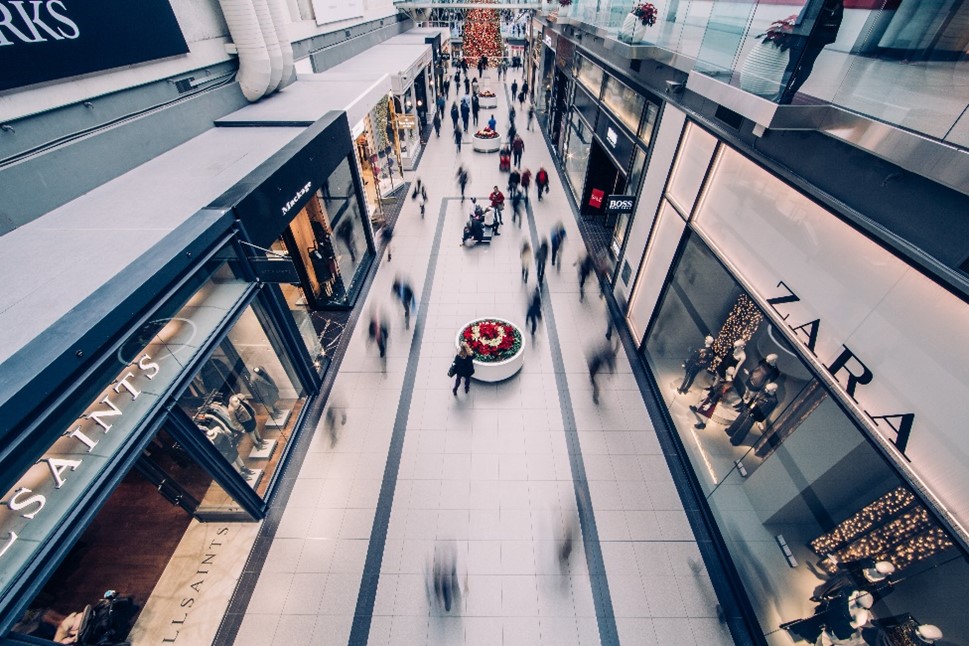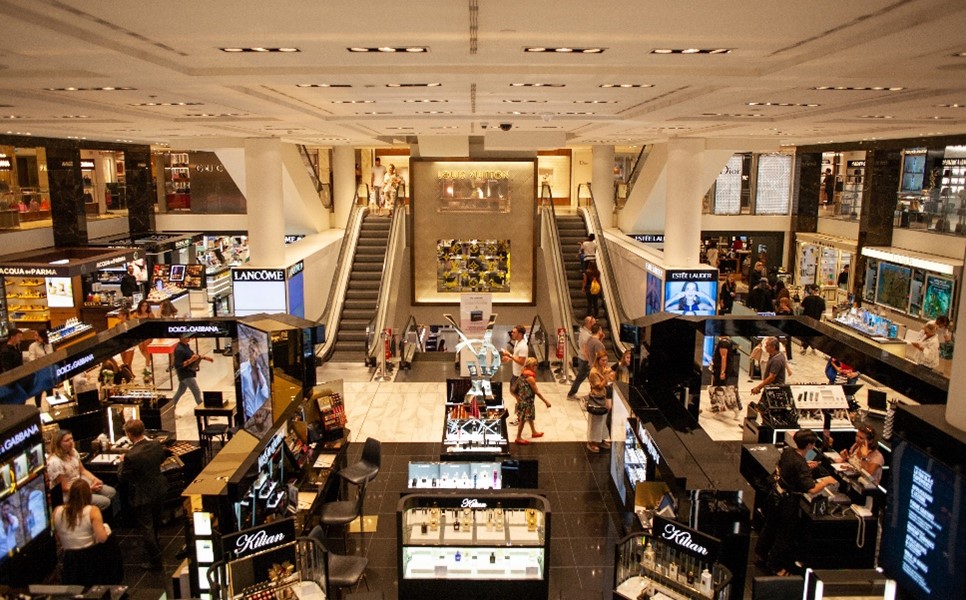What does the future of high street retail look like?
As we bid farewell to national shopping icons like Debenhams and Topshop, the question now is what will replace them

The pandemic has been tough for all types of retailers, from small independents to major chains. With many physical stores not planning to reopen after lockdown – including stalwarts Debenhams and Topshop – many of us are wondering what the future of high street retail is.
There is no debate that town centres will look different when we emerge from our stay-at-home cocoons and start venturing to the shops again. With huge units left empty and major players missing, it could be tempting to read this as doom and gloom, yet could this switch-around be the start of a new, positive high street future?
One theory doing the rounds is that this reshuffling of the high street could lead to more premium space for smaller retailers and, as such, a move away from identikit, and uninspiring, high streets. Those now unoccupied department stores are unlikely to be filled by one business during a time when retailers are relying less on physical and more on the digital space. Therefore, landlords could look to carve up the spaces into smaller, more affordable units, renting them out independent brands that would benefit from the type of prime locations these flagship spaces occupy on the high street.
Another idea for the future of the high street is to invigorate it with leisure experiences that you simply can’t get online as a way to get people travelling into the centre of towns again. For example, the forlorn Debenhams unit in Wandsworth will soon be transformed into an entertainment space offering pool, ping pong, bowling, e-karting and cocktails.
This type of – to use a retail buzzword – ‘experiential’ focus can also be applied to retail. We could see more temporary pop ups emerge as brands building successful followings online pop out to meet fans without having to heavily invest in a permanent store.

We could also see a shift from high streets being dominated by commercial properties to a mix of business and residential. The UK is simultaneously in the midst of a housing shortage and a physical retail crash, therefore it makes sense to transform unused shops into much-needed homes.
All of these theories about the future of high street retail require change, investment and flexibility. Councils must be persuaded to change property licences, while landlords need to be willing to let innovative leisure ideas germinate in spaces usually reserved for tried-and-tested shopping concepts. It will also take a lot of money to transform the high street, and the past year has been just as testing for restaurants, leisure companies and landlords as it has for retailers. This is why the government funded courses of action led by Historic England to revive, restore and reinvigorate 68 of Britain’s high streets through a £95 million fund set up to tackle the damage done by a year of lockdowns.
With the government backing the high street financially and companies like American Express and Google launching campaigns to encourage us all to shop local, it seems unlikely that the hearts of Britain’s towns will be left to disintegrate. While the job losses resulting from the chain store closures have been deeply upsetting, the collapse of such business models is not hugely shocking – such a shift has been on the cards for years, it simply got put into hyperdrive by the pandemic. If anything, this enforced shake up could finally bring the type of much-needed funding to town centres beleaguered by years of rents and rates hikes disproportionate to sales trajectories; the type of rebirth long-standing campaigns. like Save Our High Streets failed to achieve before the pandemic.
While leisure and residential will undoubtedly become a more prominent part of the British high street, the future of high street retail will most definitely still include shopping. It just might not be the homogenised hub we’ve been used to. Instead, expect to see more independent retailers, experience-led shopping and pleasingly fleeting pop ups, which, we would have to say, sounds like no bad thing.



